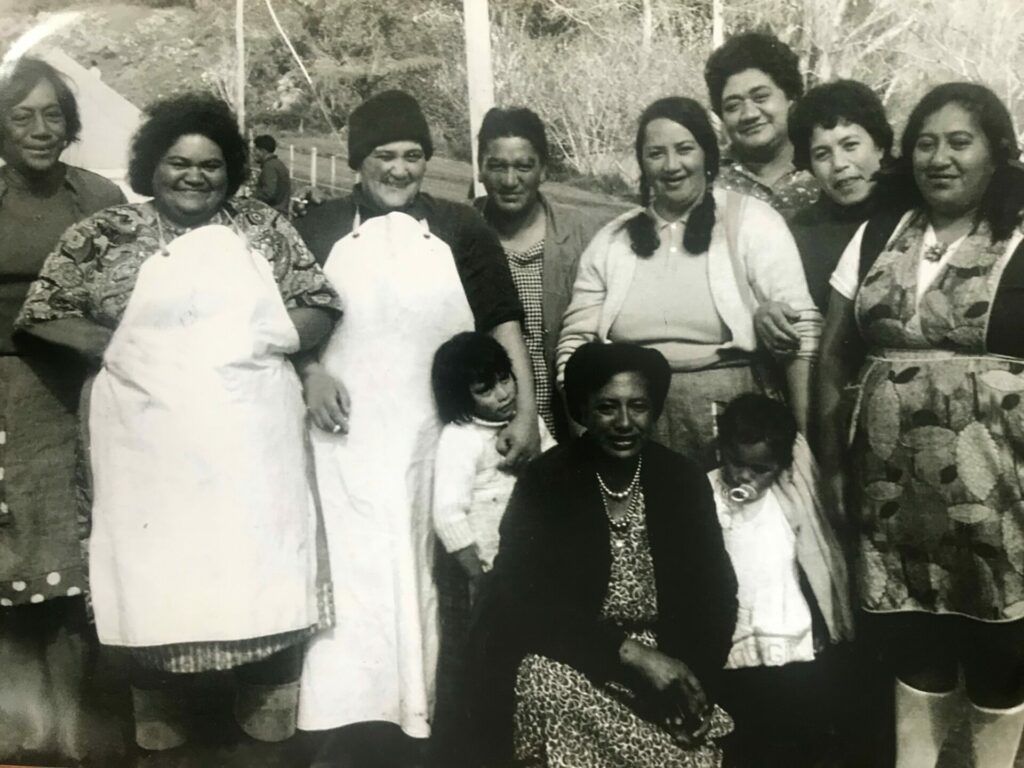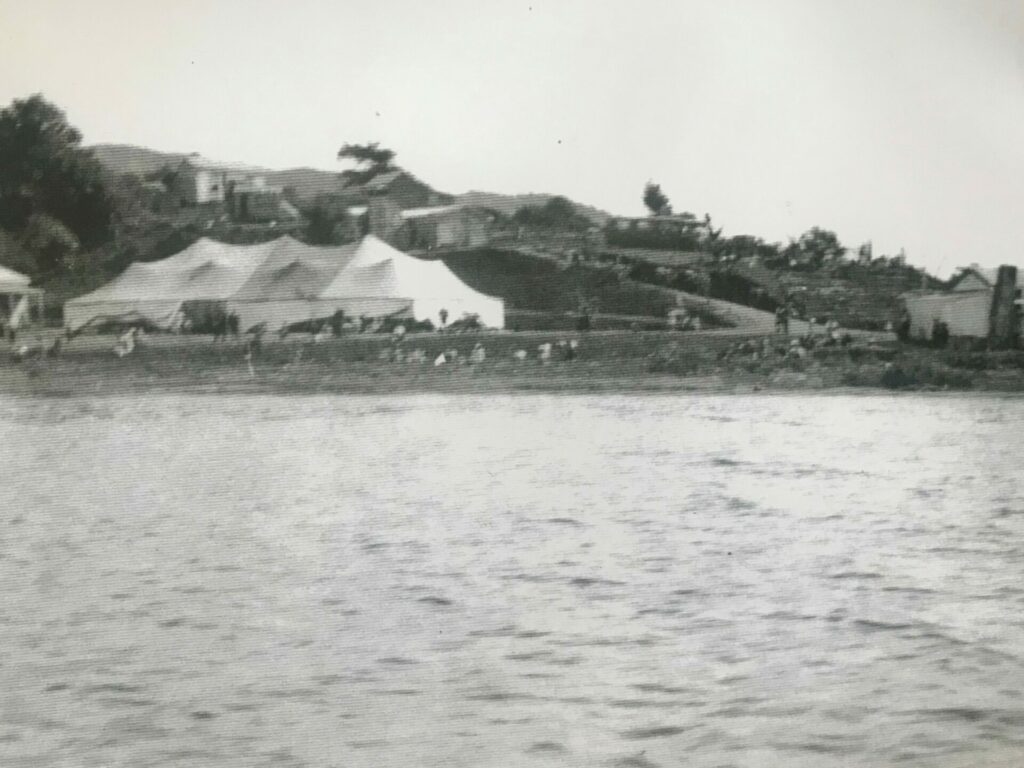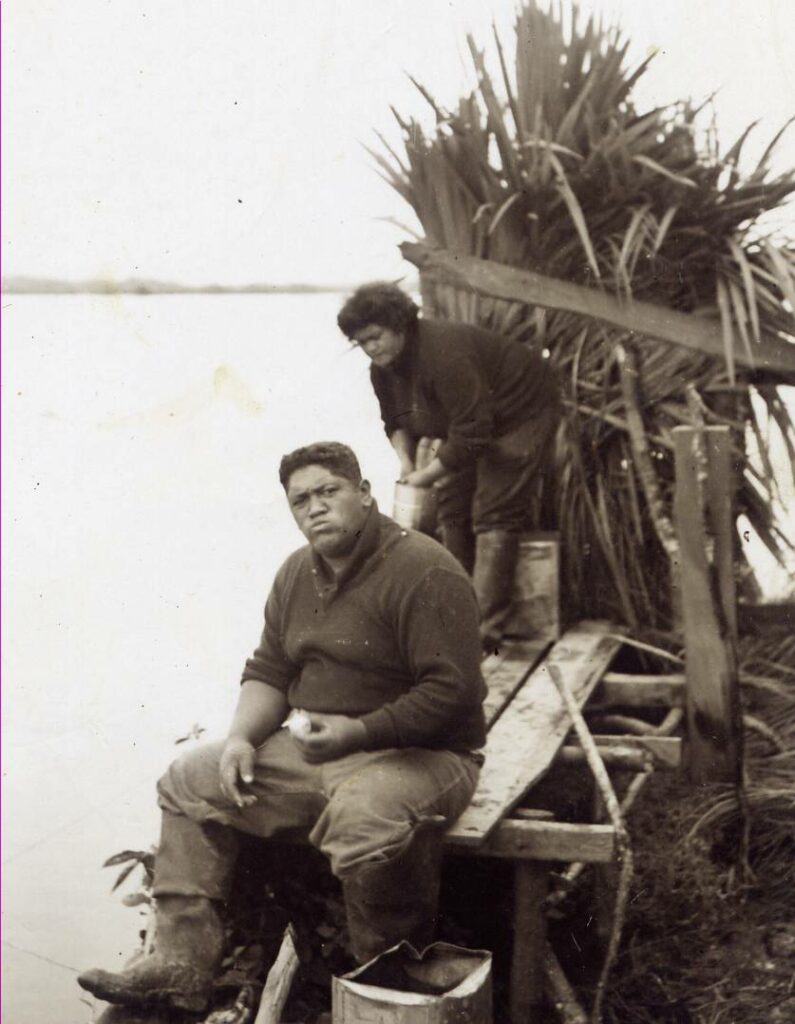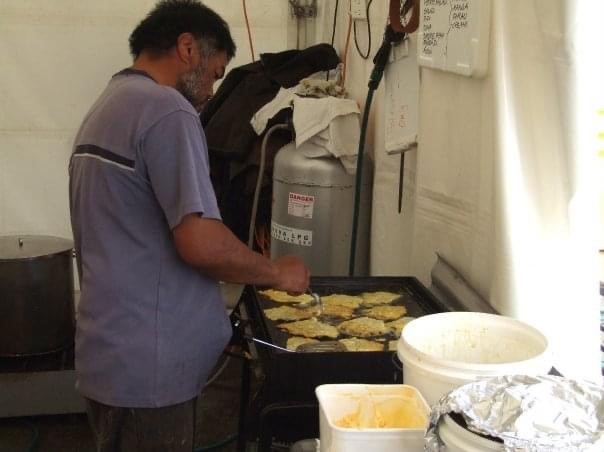- Vision Mātauranga
Research Programme
- Cheri van Schravendijk-Goodman
Swampfrog Environmental & Tree Consultants Ltd - Rangitaho Mahuta
Swampfrog Environmental & Tree Consultants Ltd - View the full team
Project Leaders
-
Budget
$150,000 -
Duration
April 2022 – March 2024
-
Completed project
Eating with my Tuupuna
Climate resilience for Waikato hauanga kai
Our traditional kai plays a critical role in our cultural health and well-being. Despite immense pressure, the Waikato River and Manukau Harbour systems have long provided a source of health, economic and cultural sustenance to the people of Te Puuaha. Our research moemoea was to enhance our cultural, environmental, social and economic outcomes under climate change, using the vehicle of our traditional cuisine.

The unique location of our people at the interface between salt and freshwater environs historically assured our people a multi-seasonal tapestry of flora and fauna resources, including for kai, kaakahu, travel and rongoaa. Since Raupatu (1863), the health and wellbeing of these culturally important landscapes declined, bearing on the connected health and well-being of our people.
Our poukai cuisine – celebrated across the lower river catchment – draws on freshwater and saline taonga species, including: porohe, whitebait, longfin/shortfin tuna, rotten corn, hen & chicken fern, fiddle-head fern, kina, kahawai, flounder, oyster, shark, shark liver, green-lipped mussels and pipi.
By documenting and revitalising our haakari practices, and using haakari to also identify climate impacts, we sought to foster an activated community of kaitiaki – kaumaatua, pakeke, and rangatahi – who are more engaged with climate issues and able to plan for and implement climate adaptations.




By linking real-life situations such as the COVID pandemic and abstract policy to our very grounded practices around kai, we supported these kaitiaki to identify and further research connected climate impacts; and to advocate for policy change where necessary. Our hope is that other hapuu and iwi could use this methodology to enhance engagement on climate issues, and to activate kaitiakitanga for hauanga kai that are under threat from climate change.
PROJECT TEAM
-
Cheri van Schravendijk-Goodman
Swampfrog Environmental & Tree Consultants Ltd -
Rangitaho Mahuta
Swampfrog Environmental & Tree Consultants Ltd -
Gavin Donald
GMD Consultants Ltd -
Giles Boundy
GMD Consultants Ltd -
Erica Williams
NIWA -
Maria Clark
Huakina Development Trust -
Te Iti-o-Waikato Paretovich-Wara
Swampfrog Environmental & Tree Consultants Ltd